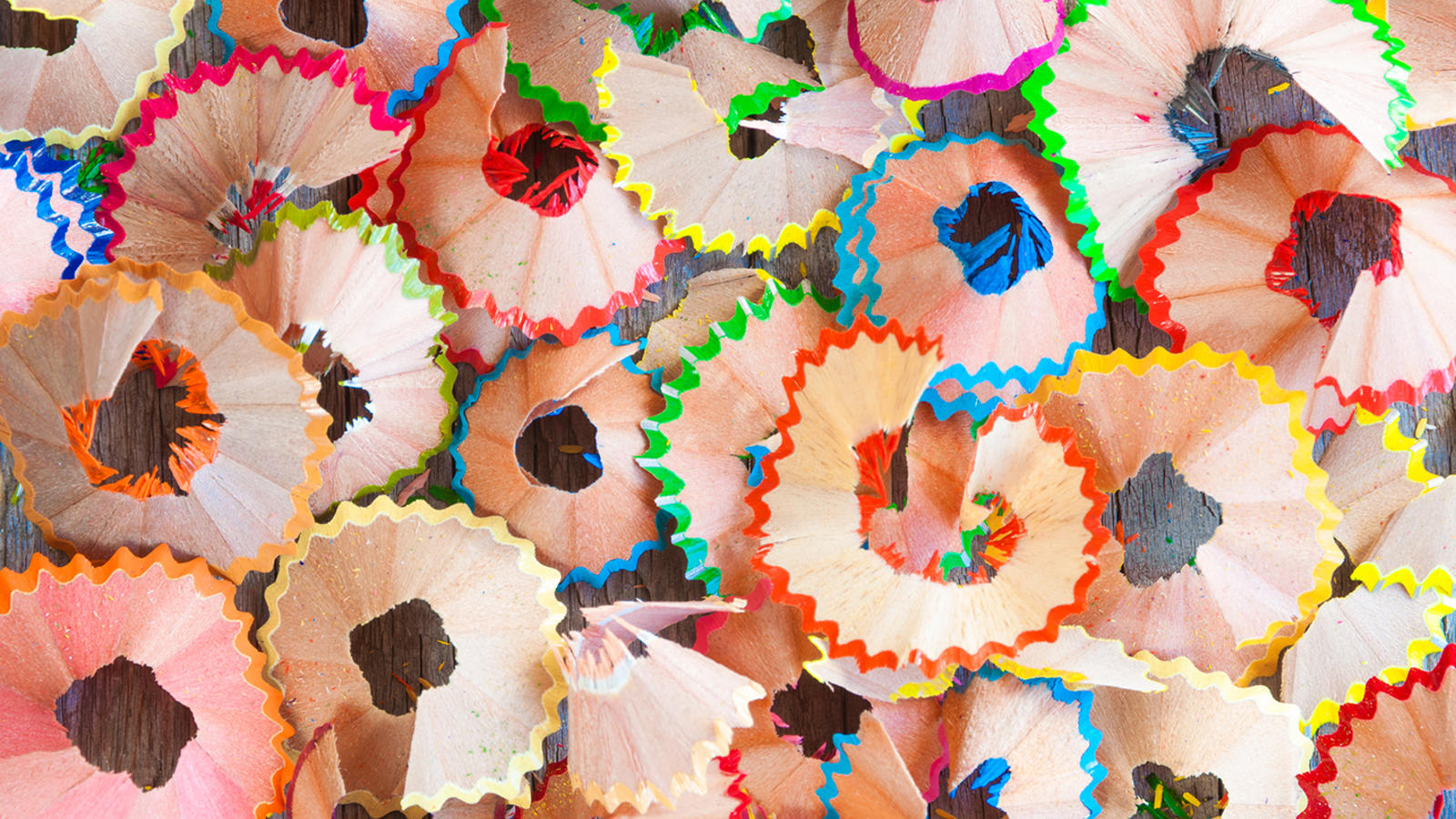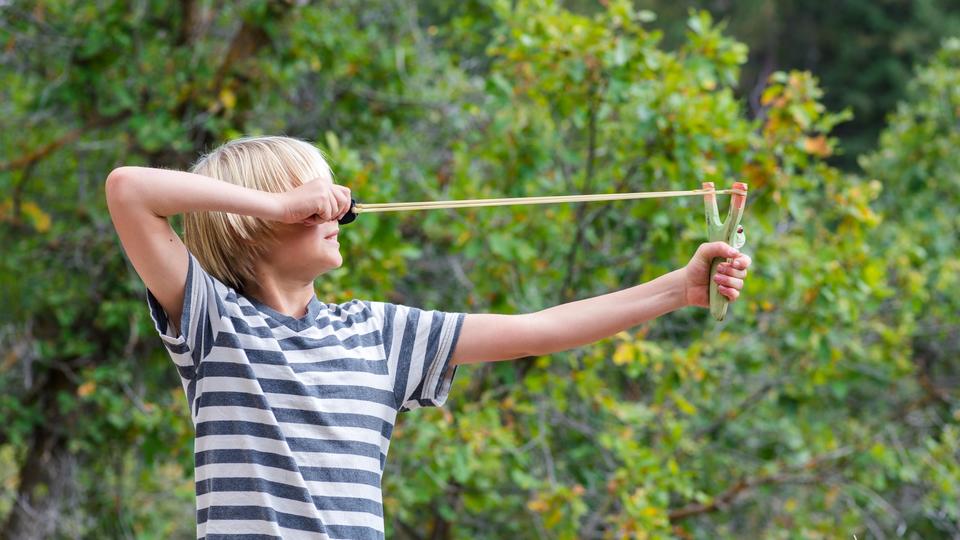
Taking The Edge Off
Redesigning Your Logo? Here's What To Do.
Based on research by Vikas Mittal, Michael Walsh and Karen Winterich
Redesigning Your Logo? Here's What To Do.
- Companies that are household names create cognitive dissonance for their most committed consumers when they radically change their logos.
- Logo changes that are consistent with the core identity of customers cause less dissonance.
- Rounded logos can reduce the backlash from redesigns.
When Apple toyed with the idea of a logo change in 2003, thousands of users signed petitions attacking the idea. The company quickly realized that change was not necessarily good – and kept the iconic apple.
For most firms, a logo redesign is a way to refresh the brand, making it more alluring to new customers.
If a company does change its look, industry tradition advises, it should go round. Curvier lines and letters supposedly suggest a soothing, harmonious reality, while angles suggest just the opposite.
But research by Rice Business professor Vikas Mittal and colleagues Michael Walsh of West Virginia University and Karen Winterich of Pennsylvania State University shows that regardless of the angle, companies need to be careful about visual do-overs. In general, tolerance for new logos – angular or rounded – depends on the consumer profile. Diehard fans of a brand may find the break in their visual routine irritating. New customers, meanwhile, may or may not find the updated logo aesthetically pleasing.
To test the public’s reactions to logo changes, Mittal and his team conducted three different experiments with 215 people, 62 percent of them female and 38 percent male. First, participants were shown a range of logo designs for two leading bottled waters, Dasani and Aquafina. Then they were shown logos by a professional designer who rounded out the images’ lines.
Changing the logo design overall, the researchers found, created a sense of dissonance among the most highly committed consumers, who reacted negatively to the new visual information.
People who viewed themselves as more independent minded were less accepting of the rounded logos. Those who thought of themselves as more interdependent in terms of their relationship to family and friends were more likely to roll with the change.
The researchers studied their hypothesis further by recruiting 272 undergraduate students at a large university. To participants who identified as interdependent, the researchers offered the following ad copy: “Everybody’s Favorite! Give your family and friends the water that makes mouths water. Dasani. It’s been a family favorite for years.”
For participants with an independent self-identity, the researchers presented different wording. “Your Favorite!” this ad read. “Give yourself the water that makes mouths water. Dasani. It’s been a favorite for years. Today our classic water has been joined by a variety of flavored waters that are sure to please you.”
Committed consumers in both groups didn’t care much for the new logo. But when the design was rounded, those who identified as interdependent on family, friends and community were less resistant than those who saw themselves as more independent.
The takeaway for business: If your brand is well known, change that logo at your peril. You’re likely to irk your most devoted customers. If you must change it, however, make it rounder, especially if you are a global brand. It’ll take the edge off – both for consumers and for your company.
Vikas Mittal is the J. Hugh Liedtke Professor of Marketing and Managment at Jones Graduate School of Business at Rice University.
To learn more, please see: Walsh, M., Winterich, K., & Mittal, V. (2011). How re-designing angular logos to be rounded shapes brand attitude: consumer brand commitment and self-construal. Journal of Consumer Marketing, 28(6), 438–447.
Never Miss A Story


